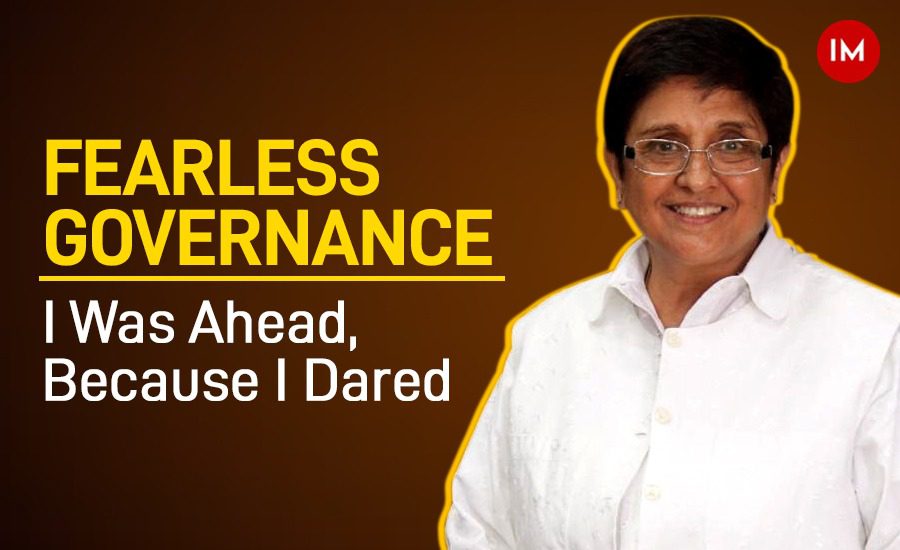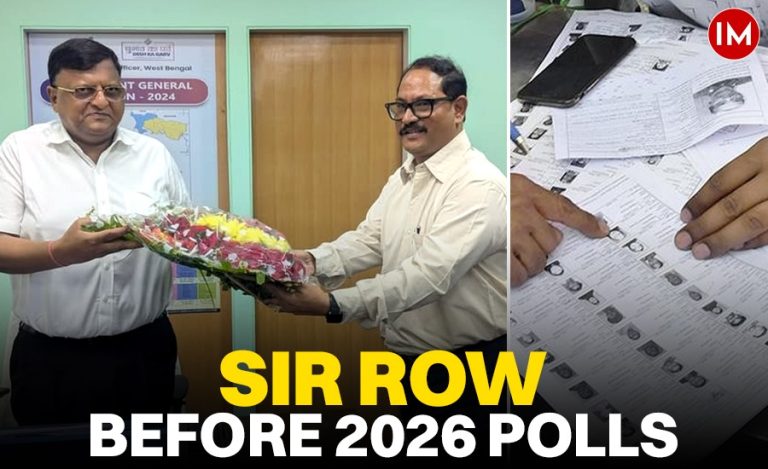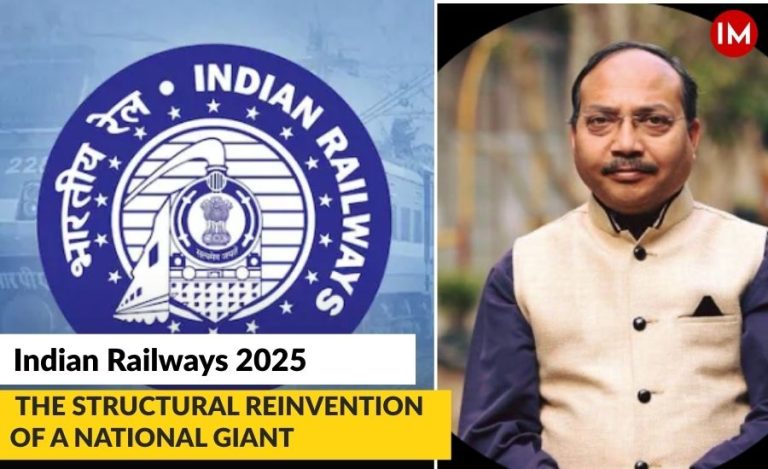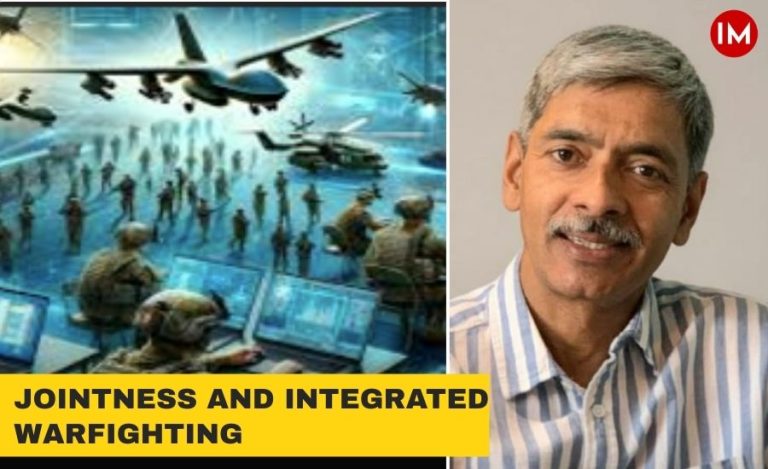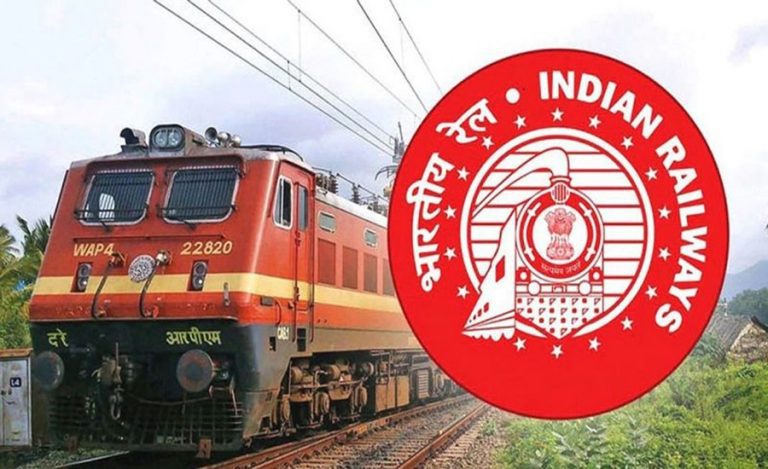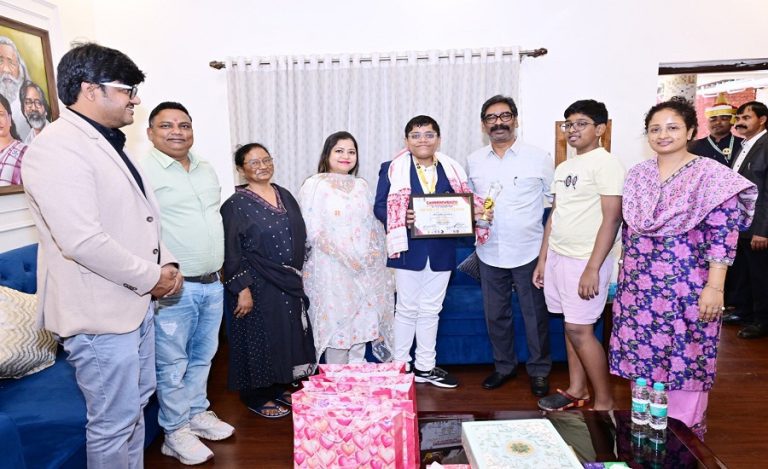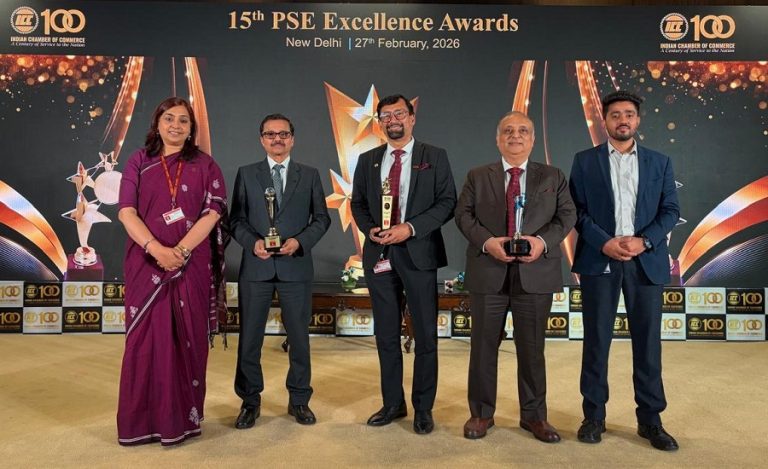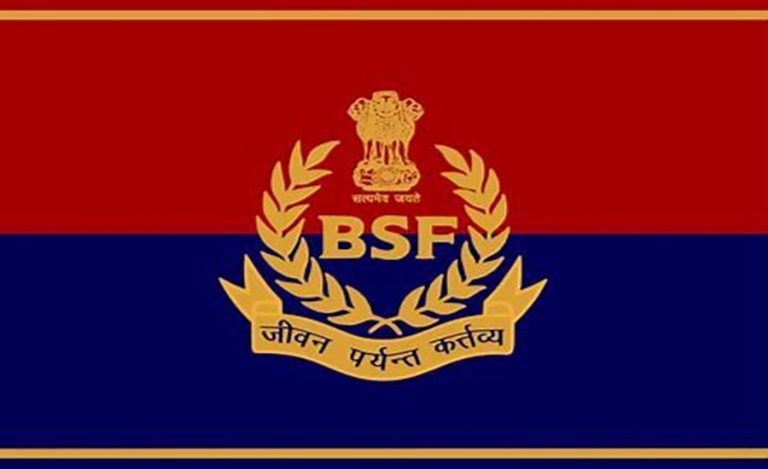I recall a decision I took as a 12-year-old girl. I wanted science in 9th standard, not the subject ‘household’, as was urged by my teacher. I decided to leave my city’s most acclaimed and eminent school Sacred Heart in Amritsar, where I had been since kindergarten. I passed the Board exam the same year, earning a double promotion and entered a prestigious college, getting ahead of my classmates from my previous school – because I dared.
I knew what was not for me. I never allowed anything imposed on me. My upbringing was towards self-reliance and self-dependence with a spirit of giving and sharing. I had learnt to create solutions out of little or nothing. For instance, I was shadow practising when I did not have a tennis court.
My father taught me the art of self-learning. My mother imbibed in me personal discipline with selflessness in action. I always asked myself how I could do more for others.
IPS WAS AN INNER CALLING TO SERVE
I did my post-graduation, earning academic and sports scholarships, the first time any student got two together on merit. I travelled with books while on the tennis circuit to do well in exams, knowing that would be my future. I optimally used every hour of my day, valuing every resource of my Government College and Punjab University, Chandigarh, for learning and personal growth. I knew where I was to go. What was I to do? How will I achieve it?
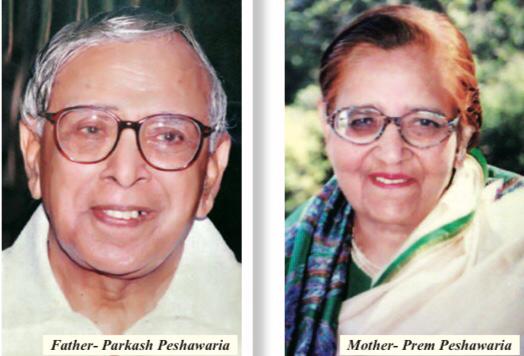
I became the first woman in India to join the officer ranks of the Indian Police Service as an inner calling to serve – because this is who I was. It did not matter to me that the service was all men led. I knew I could steer it. From day one, I felt at home in my police uniform. I led the all-male contingent (taller than me) at the Republic Day Parade in Delhi on January 26, 1975, marching 14 kilometres with a sword in my hand. Despite my seniority, I was being overlooked by my Police Chief, thinking it would be tough for me. I got to command the contingent only after he heard me. It sent a clear message that I was an equal match, if not more.
I never accepted inequality, injustice and servitude. I created resources and found solutions. I was people-centric in all my positions, even when a few envious seniors and some peers were scorning it. My true friends were my immediate family, close friends, extended family of co-workers and a few seniors. I valued every day of my service. The citation of the Ramon Magsaysay Award received in 1994 in Government Service, also considered the Nobel Peace Prize of Asia, encompasses my creativity in policing, prison reforms and social engineering.
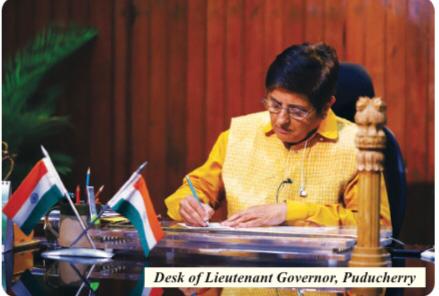
TAKING CHARGE AS LT. GOVERNOR, PUDUCHERRY
In my responsibility as Lt. Governor of Puducherry, I overhauled and reinvigorated moribund systems. Puducherry needed an authentic and fearless command. There were many powerful and vested interests. I earned this position of trust when Prime Minister Shri Narendra Modi categorically told me while offering me to be the Lt. Governor of Puducherry – “Go and take care of the money in Puducherry, Kiran Ji.”
I served the People of Puducherry for nearly five years, making each day count. I got introduced to the Union Territory not by its natural beauty but more by its clogged and dry irrigation canals not dredged for decades. Or the rotting filth, lost ponds, deserted lakes, and dry tanks abandoned to decay. I left Puducherry with its crown-jewel beach nearly restored. It has brought back marine life, cheer and abundance in the economy, tourism, and quality of life for the people of Puducherry and its continual visitors.
My book, Fearless Governance, illustrates how a sense of belonging rejuvenates problem-solving in any service. I dealt with the political establishment seeking acquiescence and expected me to be their ‘rubber stamp’; instead, they witnessed the fundamentals of good governance. The office of Lieutenant Governor became a Fearless Voice!
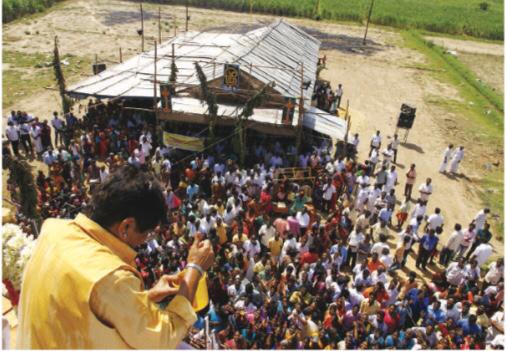
(Editor’s Note: Starting today, Indian Masterminds will be serialising Dr. Kiran Bedi’s book, ‘Fearless Governance’, publishing one new chapter every week.)

